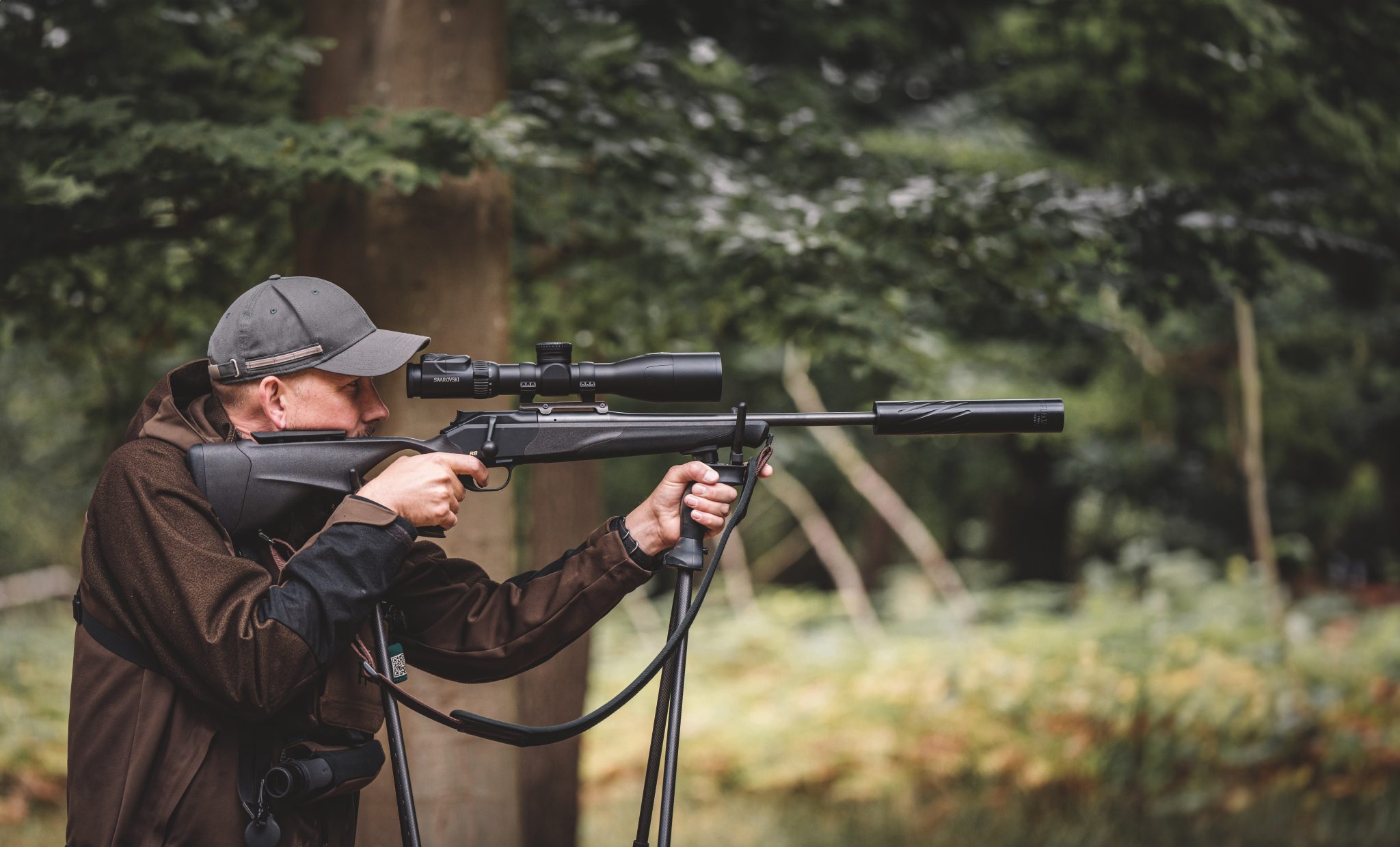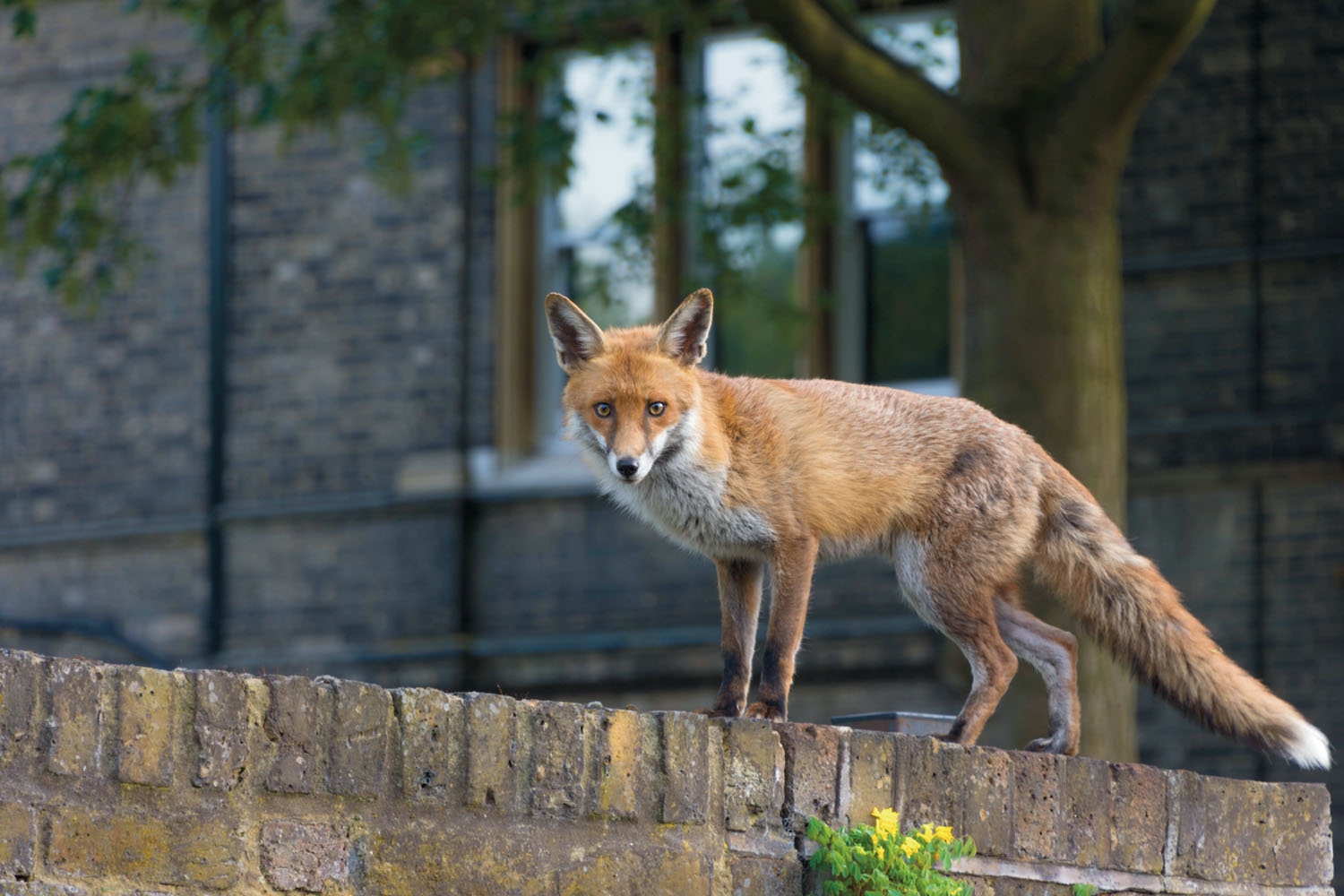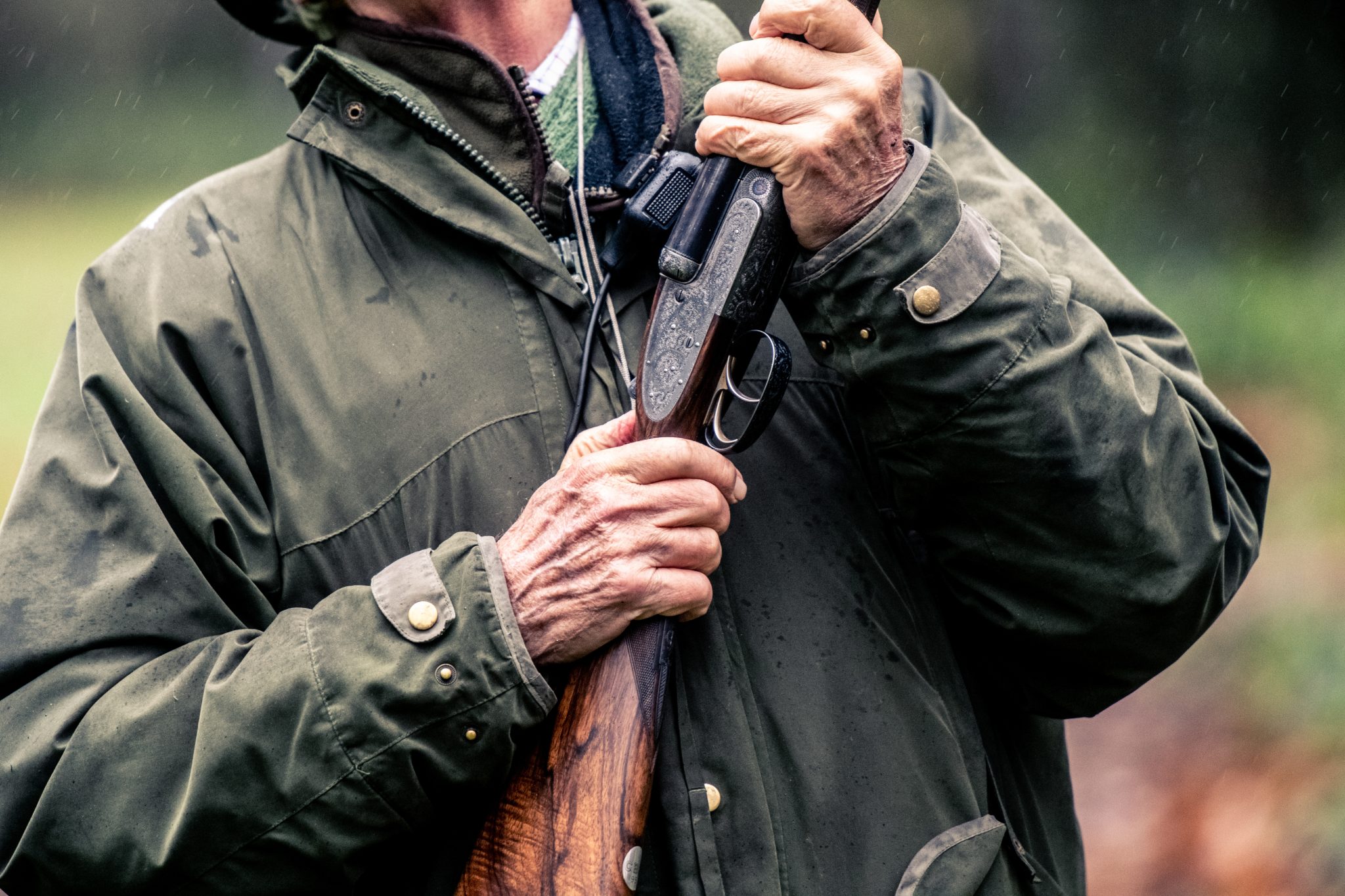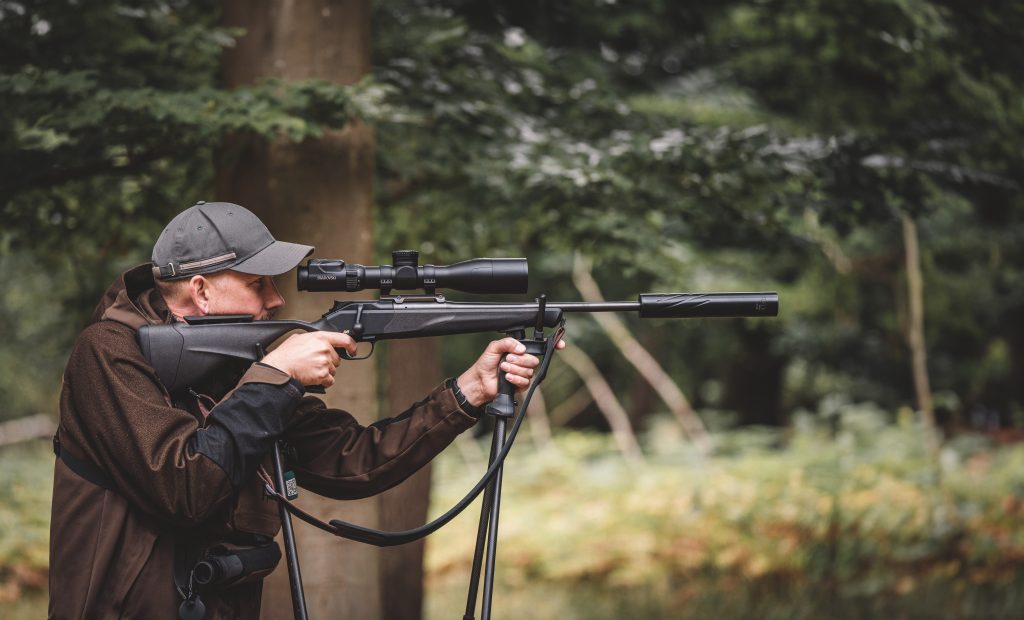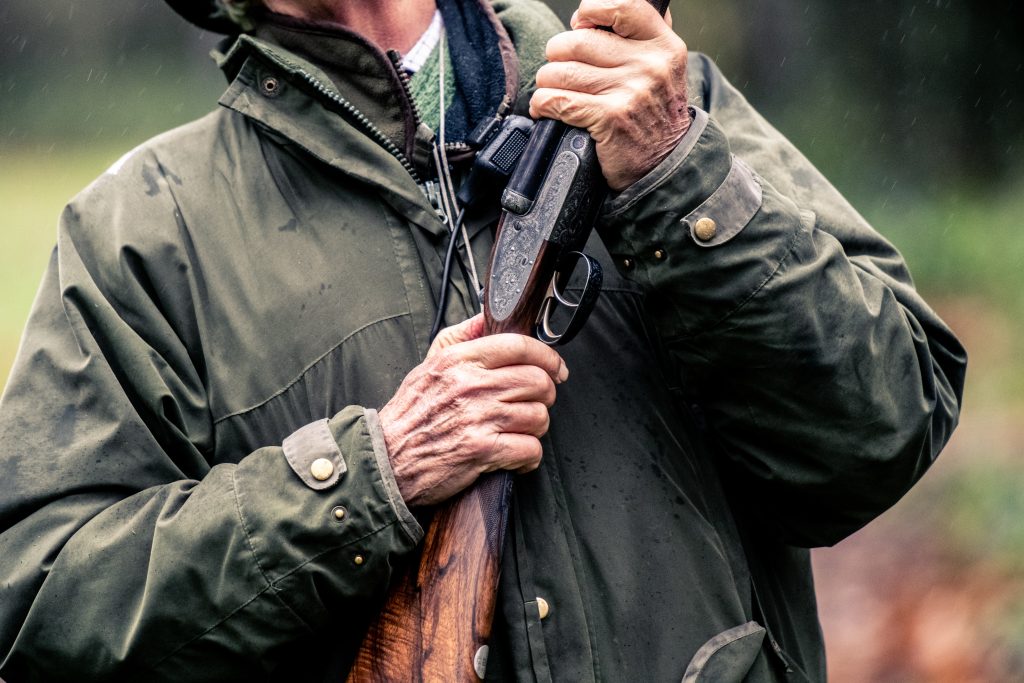★ Win a Schöffel Country shooting coat for everyone in your syndicate worth up to £6,000! Enter here ★
DEFRA gamebird code: is it ‘sheer nonsense’?
<strong>BASC praises DEFRA’s newly published gamebird code — other shooting groups call last-minute changes “unworkable”</strong>
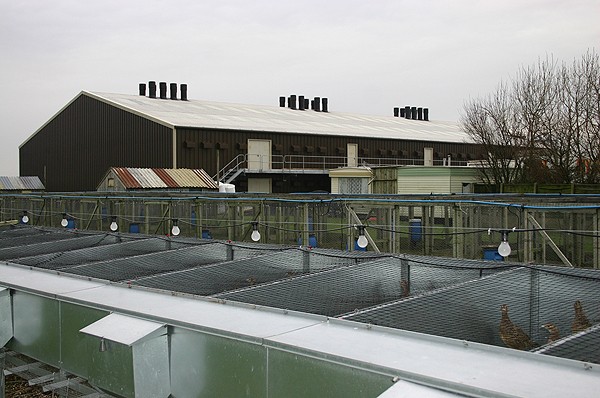
The British Association for Shooting and Conservation was alone among shooting groups last week in welcoming the eventual publication of DEFRAs new gamebird code. Other groups, including the Game & Wildlife Conservation Trust and the Game Farmers Association (GFA), heavily criticised the final version of the code laid before Parliament on Monday, 15 March. The GFA and others have called for the code to be withdrawn until concerns over its content are resolved.
In the code that appeared last week DEFRA has inserted extra clauses restricting catching-up and bitting as well as a new requirement to check birds at least twice a day including in the release pen. None of these extra clauses was consulted on prior to the codes publication.
Additionally, the code effectively bans the use of existing raised laying cages for pheasants and specifies arbitrary minimum space requirements for pheasants and partridges kept for egg production. If the code is not revised, it will come into force in England on 1 October.
Welcoming the publication of the code, especially the implementation of minimum space requirements for those using raised laying cages to produce partridge and pheasant eggs, BASCs director of communications Christopher Graffius said: The Government and particularly DEFRA ministers are to be congratulated on reaching a decision which ensures the future of game shooting and high standards of animal welfare.
The rest of this article appears in 24th March issue of Shooting Times.
What is YOUR opinion?
Join other ST readers in our forums to discuss your views.
Like this article? Mark this page on a social bookmarking website…
Related Articles
Get the latest news delivered direct to your door
Subscribe to Shooting Times & Country
Discover the ultimate companion for field sports enthusiasts with Shooting Times & Country Magazine, the UK’s leading weekly publication that has been at the forefront of shooting culture since 1882. Subscribers gain access to expert tips, comprehensive gear reviews, seasonal advice and a vibrant community of like-minded shooters.
Save on shop price when you subscribe with weekly issues featuring in-depth articles on gundog training, exclusive member offers and access to the digital back issue library. A Shooting Times & Country subscription is more than a magazine, don’t just read about the countryside; immerse yourself in its most authoritative and engaging publication.



